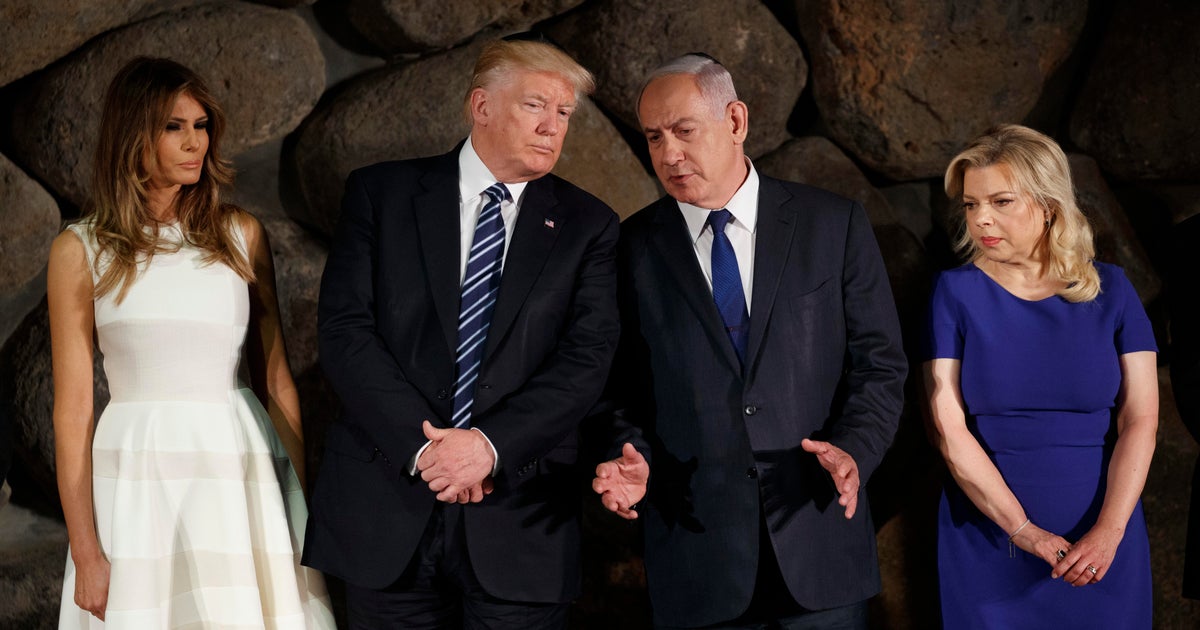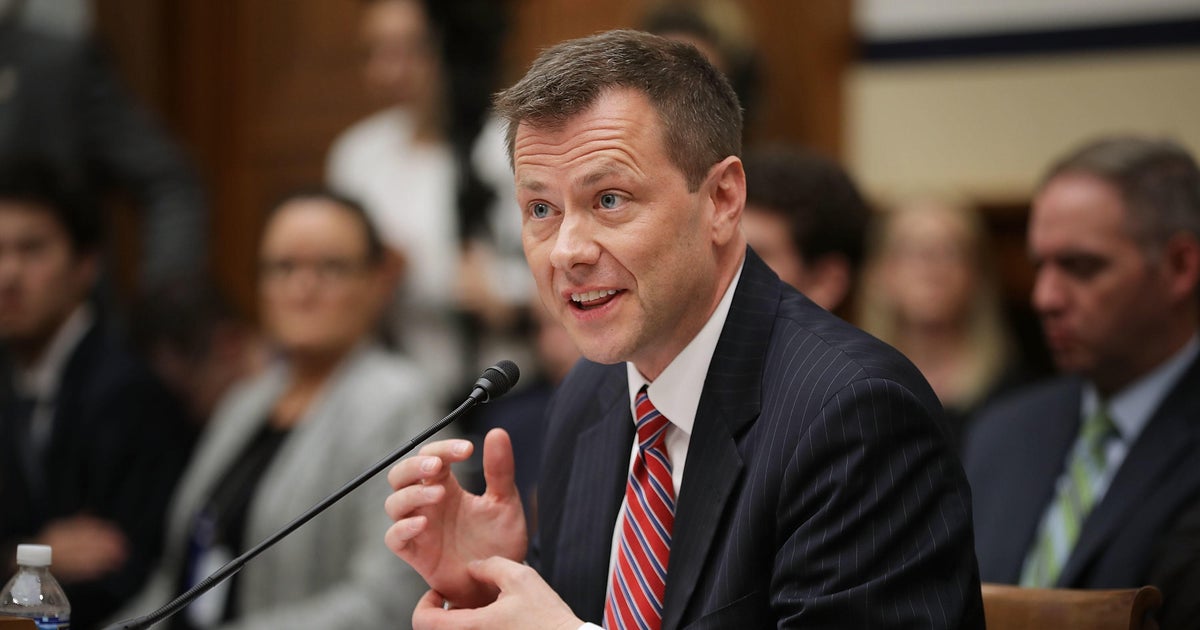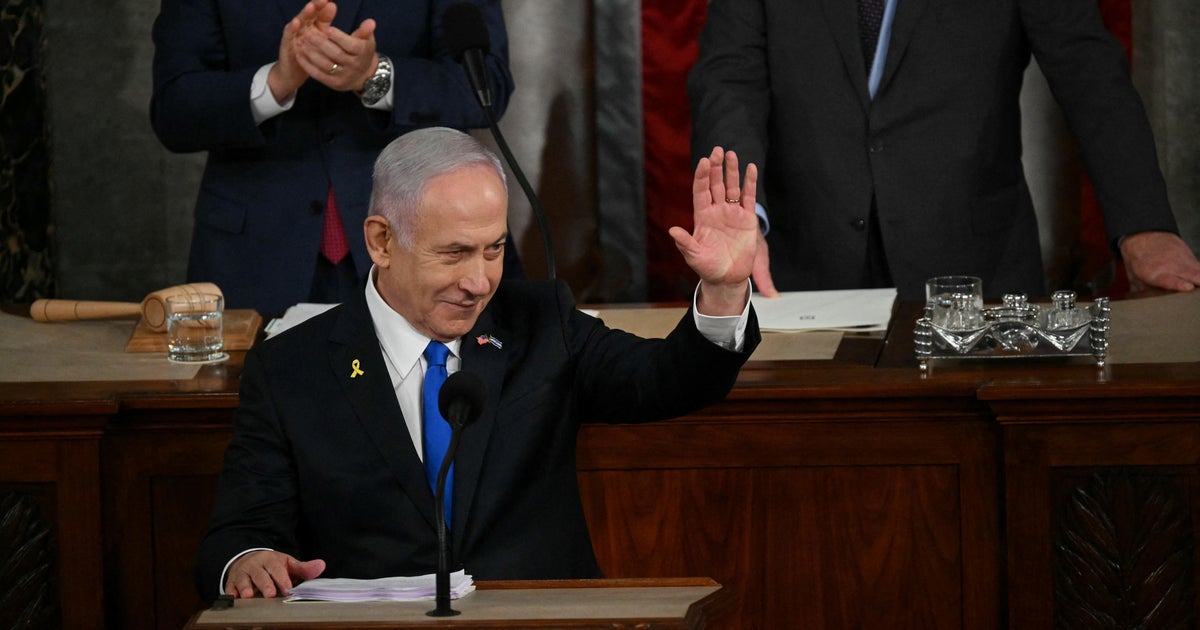Peter Navarro pitches executive action to cut dependence on medicine made abroad
As the coronavirus promises to strain the nation's supply chains, top White House trade adviser Peter Navarro says he's delivering an executive action to President Trump intended to decrease U.S. dependence on foreign pharmaceuticals and medical equipment and bring that manufacturing to the U.S.
"What I can speak to is this broader, interesting issue of how dependent the United States of America is on the global supply chain, not just for its medicines but for its medical supplies and medical equipment," Navarro told CNBC's Squawk Box Monday, as stocks plummeted amid the worsening economic impact of the virus.
Navarro, in a recent interview with CBS News, said the impending executive action he has been working on would tighten domestic procurement by requiring federal agencies looking to purchase pharmaceuticals and medical equipment to "Buy American." The medical supply chain has been a concern — face masks and other necessary medical equipment are made in China, where this strain of coronavirus is believed to have originated. Navarro is also pushing for a payroll tax cut to address the country's worsening economic outlook, an initiative that Mr. Trump has repeatedly called for, despite pushback from bipartisan lawmakers.
The executive action consists of a three-pronged strategy that includes the "Buy American" piece, streamlining regulations to allow for a quicker approval process for domestic products, and incentivizing new technologies. The goal of the order is to have a robust domestic production of pharmaceuticals and medical equipment on U.S. soil, Navarro said.
"The best way to ensure adequate investment is to provide a stable, strong, long-term demand domestically for these products," Navarro said.
The Health and Human Services, Defense and Veterans Affairs Departments would be most affected by the possible change. Navarro argues the coronavirus crisis highlights that the U.S. is "dangerously dependent on numerous nations for medicines, supplies and equipment," roughly 15 to 20 countries, not just China. The top trade adviser said the previous administration "wasted numerous opportunities to address this in the face of crises that underscored this dependence," such as during the H1N1, SARS and MERS crises.
This executive order would target "essential medicines" and "medical countermeasures"— not just pharmaceuticals, but supplies and equipment needed to deal with emerging infectious diseases, as well as medical products and the supply chains that feed into those two categories, according to Navarro.
"Essential medicines" refers to the over 400 medicines the World Health Organization has identified as essential for any nation to have. "Medical countermeasures" are products that the United States has identified to fight five threats: chemical, biological, radiation, nuclear, (CBRN), and emerging infectious diseases like COVID-19. This includes medicines, supplies such as face masks and gloves, and medical equipment like ventilators.
The executive action is expected soon — Navarro says it will be done in "Trump time," meaning "as soon as possible."
"This president wants to bring our jobs home. This is especially important when our national defense and public health are at risk," Navarro said.
Prashant Yadav, a visiting fellow at the Center for Global Development whose expertise is in global health supply chains, said such a possible executive order comes down to how it's implemented. The pharmaceutical industry should be encouraged to increase their resilience, meaning they should be encouraged to have more bandwidth to manufacture drugs on U.S. soil.
"We need to build resilience into the supply chain, undoubtedly," Yadav said.
Pharmaceutical and medical supply companies should be required to demonstrate to the Food and Drug Administration that they're working towards building more resilience into the supply chain, he said. Resilience in practical terms means ensuring companies have at least two suppliers, sourcing for instance 50% of their products from New Jersey and 50% from China, he said.
The manufacturing of medicine and medical supplies is highly concentrated in China not necessarily because the cost of labor is cheaper, as many might think, but because of the availability of subsidies, the lower cost of capital, better access to utilities, and lower environmental standards, he said.
"It's not the cleanest manufacturing industry," Yadav said, pointing to stricter environmental regulations in Europe and in the U.S.
Now, the greatest supply chain concern for the U.S. lies in the future: will the U.S. be able to deliver all the pharmaceutical drugs and medical equipment the U.S. will need? Whatever production capacity there is now in the U.S. and in Europe, Yadav said he has less confidence in whether that capacity will remain available over the next few months, as workers at manufacturers may not be able to go to work.
Ventilators in particular are a concern, since orders for them at health care facilities will increase as the Coronavirus continues to spread. The Trump administration has been unable to say how many ventilators it thinks the country will need in the weeks and months ahead.
"Overall ventilator capacity and what we need in Europe or the orders that will keep coming in from Italy and France, orders from within the U.S. ... they will all aggregate up to quite a high number, which may be more than the current capacity of existing manufacturers," Yadav said. "So we might have to think about bringing on board new manufacturers who might not be certified or approved to sell medical equipment in the United States, but we might have to think about how we bring them on board."
Yadav said the U.S. should also consider giving companies that produce ventilators a guarantee that if they overproduce ventilators months from now, the federal government will purchase them, or purchase them and allocate them to developing countries hit by the pandemic later in the year.
"That brings me to another point, which is, in such a scarce capacity scenario, we also worry about the limited supply is going to be sucked up by what we need in the U.S. and what we need in Europe, and in such a scenario, what happens to a country in Africa which is also ... trying to buy ventilators," Yadav said.



